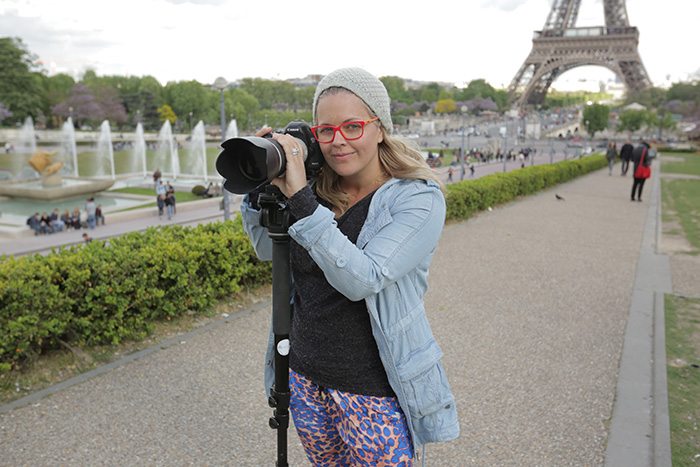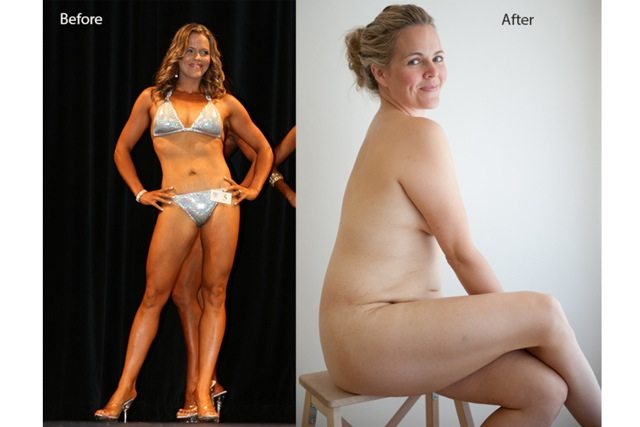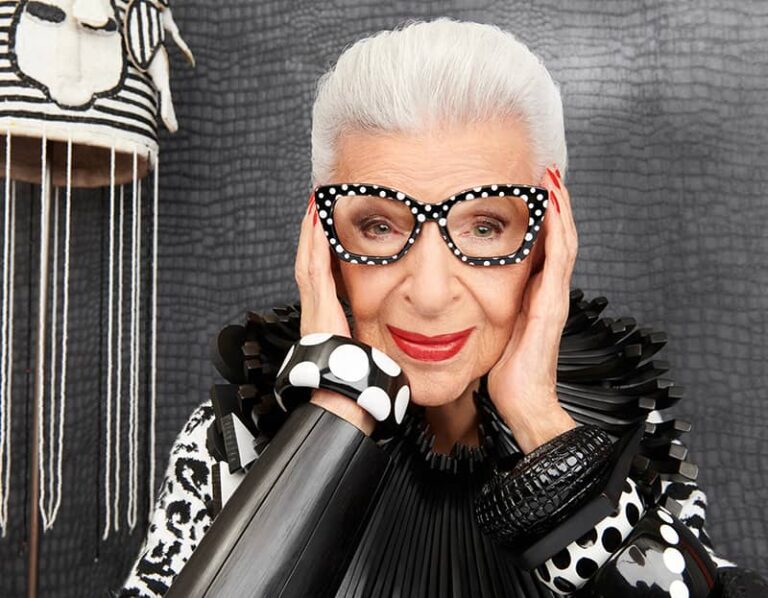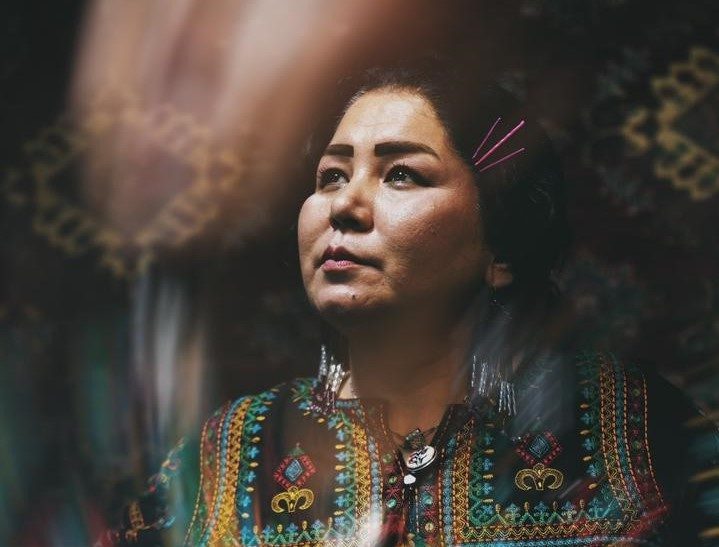In 2013, Adelaide mother-of-three Taryn Brumfitt posted an unconventional before-and-after image of herself on the internet – more than 100 million people saw the photo, and around 7000 people sent Brumfitt a personal email telling their story.
A year earlier, struggling to love her post-baby body, Brumfitt booked in for cosmetic surgery. But she cancelled after having an epiphany at the last minute.
She thought, “If I go through with this, what am I saying to my daughter about body image? How will I teach her to love her body? How am I going to encourage her to accept and love her body, when I am standing in front of her with a surgically enhanced body? What type of hypocrite or mother would I be?”
Instead, Brumfitt set herself the challenge of completing a body building competition with the goal of achieving the “perfect body”. Backstage, she heard competitors complain that they weren’t enough: skinny enough, pretty enough, their breasts weren’t big enough. Brumfitt had the body she wanted, but nothing had really changed. “It had taken too much time, too much energy, too much obsession.” And she wasn’t any happier.
Brumfitt describes that moment as a major revelation. “I thought, ‘Gosh, you guys think this too!’ How the heck is anyone going to be happy?”

The “before” photo she posted after her revelation was of her on stage during the body building competition; the “after” was her naked and loving life. It struck a chord with women and men worldwide. “The issue was much bigger than I realised,” she says. “I did all this media and I became really frustrated. Four-minute TV interviews – I could speak for four minutes without taking a breath. I thought: ‘I need a bigger platform to share my story and the story of many others.’ I’ve been a photographer for 12 years and I love to talk. Very nonchalantly, I thought: ‘I’ll make a documentary.’ Looking back, had I known how incredibly difficult and emotional and stressful it can be, I’d still do it. But I’d be a little less cocky about it.”
“The media and advertisers so often present one singular body type as being the standard. In truth, hardly any person on the planet looks like that and the images are often digitally manipulated anyway. But so many perfectly healthy normal people are left feeling inadequate. We should all be empowered to not buy into it. I want people to walk away after watching Embrace believing they can embrace and love their bodies unconditionally.”
Read the full interview in MiNDFOOD’s September issue – on sale now.
Embrace is in cinemas now. For more information, see bodyimagemovement.com.au.







